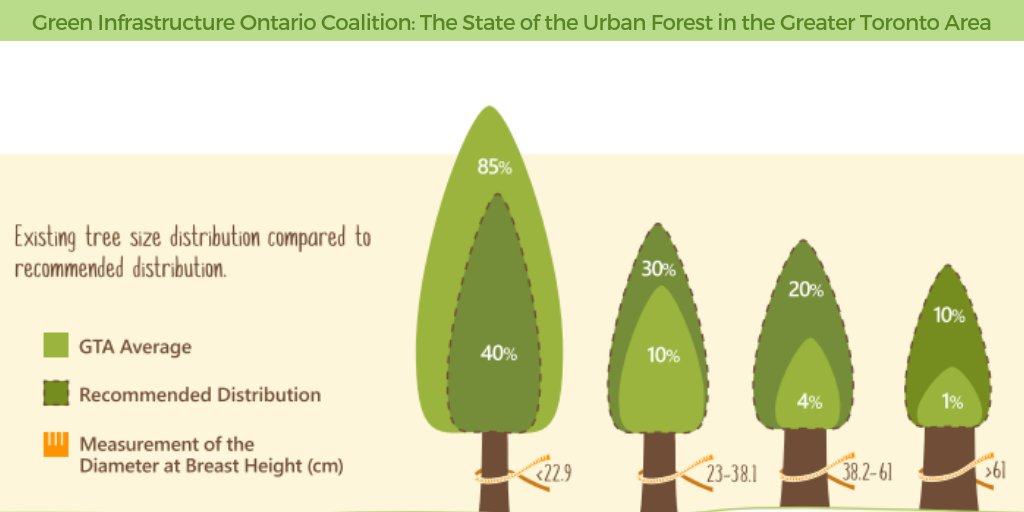The Ecological Influence Of Tree Removal: What You Need To Know
The Ecological Influence Of Tree Removal: What You Need To Know
Blog Article
Post Author-Marks Cochrane
When it pertains to the ecological influence of tree removal, there are critical aspects that require your focus. From the complex internet of partnerships within communities to the subsequent results on climate patterns, the effects are profound. You may be surprised to find the complex ways in which the removal of trees can resound throughout the environment. Stay tuned to unwind the intricate connections and implications of this relatively uncomplicated act.
Logging and Environment Loss
Logging and habitat loss are essential problems originating from tree removal. When trees are cut down, it interrupts entire environments. Not only are the trees themselves lost, however the homes and food sources of plenty of plant and animal varieties are destroyed also. Birds lose their nesting websites, creatures shed their sanctuary, and pests lose their environments. The effects ripple with the food web, influencing predators and target alike.
In addition, deforestation adds to climate adjustment. Trees play a crucial role in absorbing carbon dioxide, a greenhouse gas that catches warmth in the ambience. With less trees, there's less carbon dioxide absorption, causing boosted levels of this gas in the environment and intensifying worldwide warming.
Environment loss is a straight outcome of logging, as the destruction of woodlands suggests the loss of distinct and diverse communities. Many varieties are not able to adjust to fast adjustments in their atmosphere, resulting in populace declines and, sometimes, extinction.
Securing forests is necessary to keeping the delicate balance of nature and guaranteeing the survival of countless plant and pet varieties.
Influence on Biodiversity
The removal of trees has a considerable impact on biodiversity, impacting the selection and abundance of plant and animal varieties in a location. Trees offer habitat and food sources for various microorganisms, from bugs to birds to creatures. When trees are removed, these types shed their homes and resources of sustenance, leading to a decline in their populations. https://household-cleaning-suppli99998.shoutmyblog.com/32264978/tree-removal-prices-crucial-information-you-should-recognize can have cascading effects on the whole ecological community.
Additionally, trees play a vital role in maintaining biodiversity by producing microhabitats within their covers, trunks, and origins that sustain a vast array of varieties. When trees are reduced, these specialized atmospheres are destroyed, decreasing the general diversity of the location.
Furthermore, the elimination of trees can cause a decrease in hereditary diversity within plant populaces, as specific tree species might no more have the ability to reproduce or spread effectively. https://www.bobvila.com/slideshow/20-plants-to-use-as-lawn-and-garden-borders-52237 and forests is important for protecting biodiversity and guaranteeing the health of communities for future generations.
Dirt Erosion and Climate Adjustment
With trees being eliminated from a location, the disturbance of soil framework and security happens, causing increased dirt erosion. Trees play a vital role in protecting against erosion by holding dirt in place with their origin systems. When trees are eliminated, especially in lots, the dirt comes to be extra prone to disintegration from wind and water. This erosion not only influences the prompt environments but can also cause sedimentation in close-by water bodies, impacting water quality and aquatic ecological communities.
Moreover, trees assist regulate the climate by taking in co2 during photosynthesis. When trees are reduced, this all-natural carbon sink is lessened, contributing to enhanced levels of greenhouse gases in the ambience. This can worsen climate adjustment, resulting in even more extreme climate events and interruptions in ecological communities worldwide.
For that reason, the removal of trees not only increases dirt erosion but likewise plays a role in the larger ecological problem of environment change. It's critical to take into consideration these elements when assessing the impacts of tree elimination on the environment.
Final thought
Now that you understand the ecological influence of tree elimination, consider the consequences prior to lowering trees. Deforestation disrupts ecosystems, decreases biodiversity, and adds to dirt disintegration and climate adjustment. By being mindful of the influence of tree removal, you can help secure our atmosphere and preserve the fragile balance of nature. Make notified selections and take into consideration alternative remedies to minimize the negative effects on our world.
